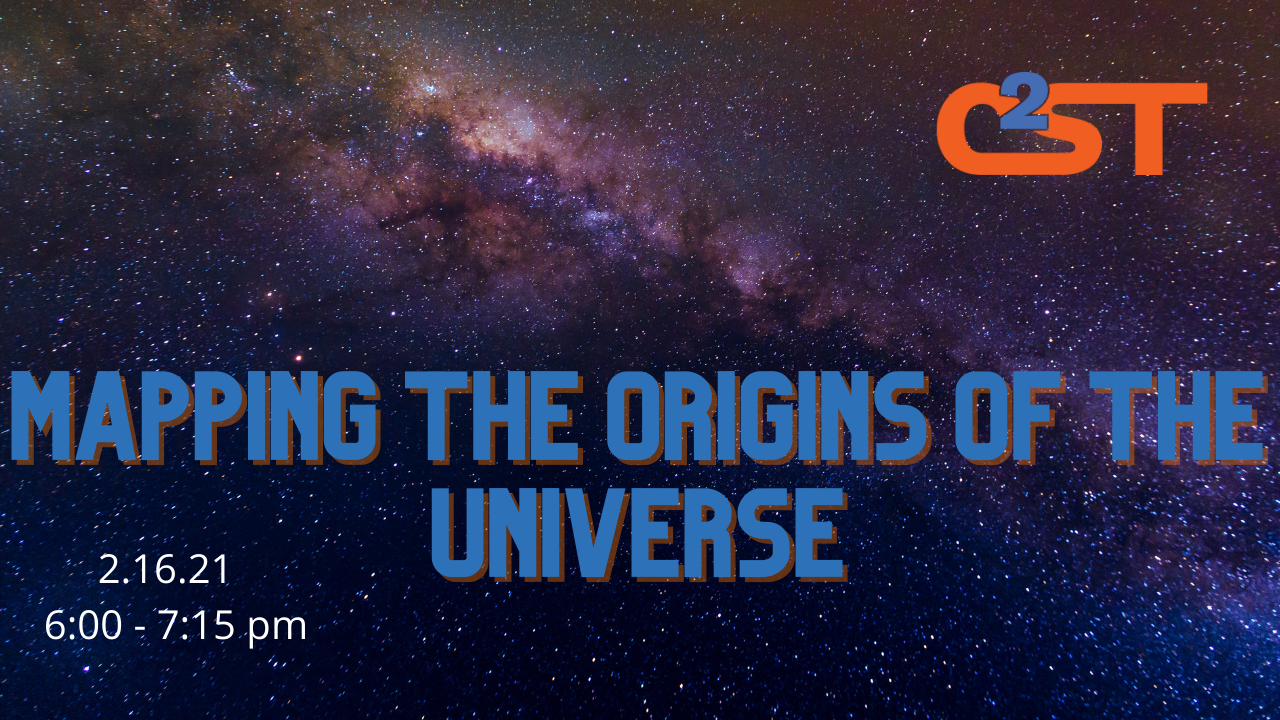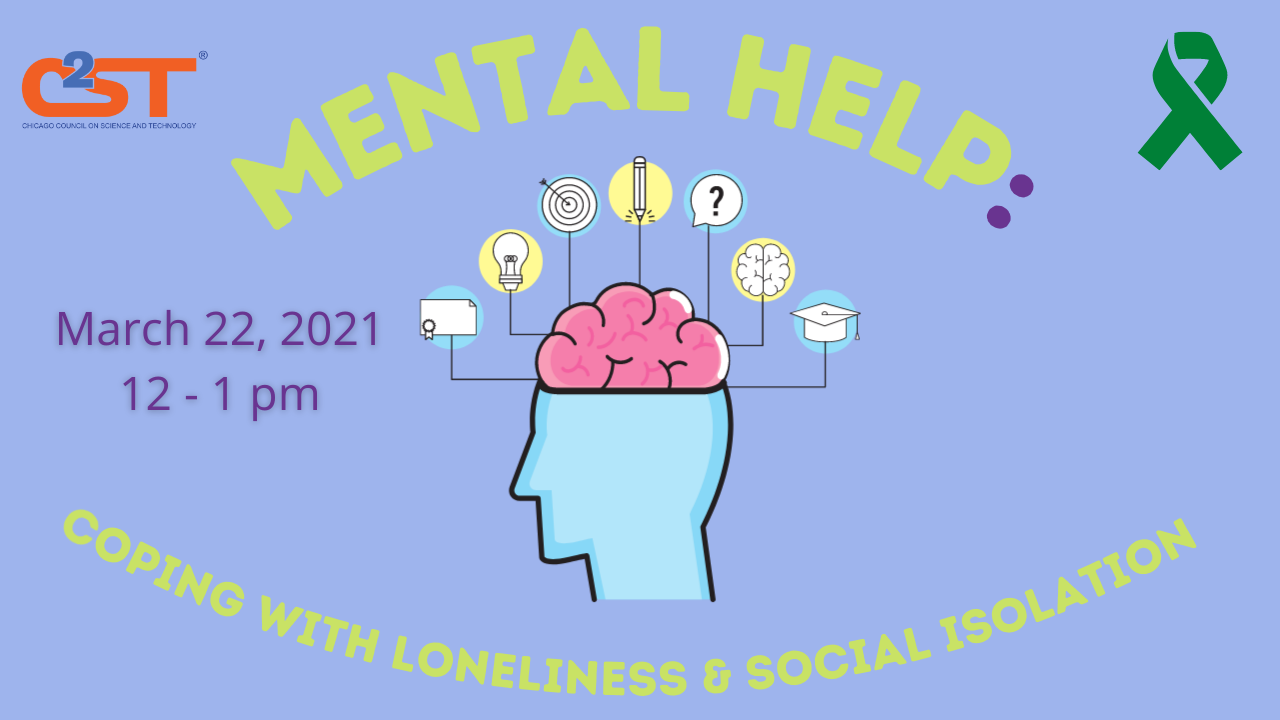
Dr. Livia Tomova (University of Cambridge) will share the research on the effects of acute social isolation on the brain. Ornella Razetto, Social Services Manager for Community Health in Chicagoland, will discuss the impact of social isolation and loneliness on mental health and offer strategies for coping with the blues.
Continue reading “Mental Help: Coping with Loneliness & Social Isolation”
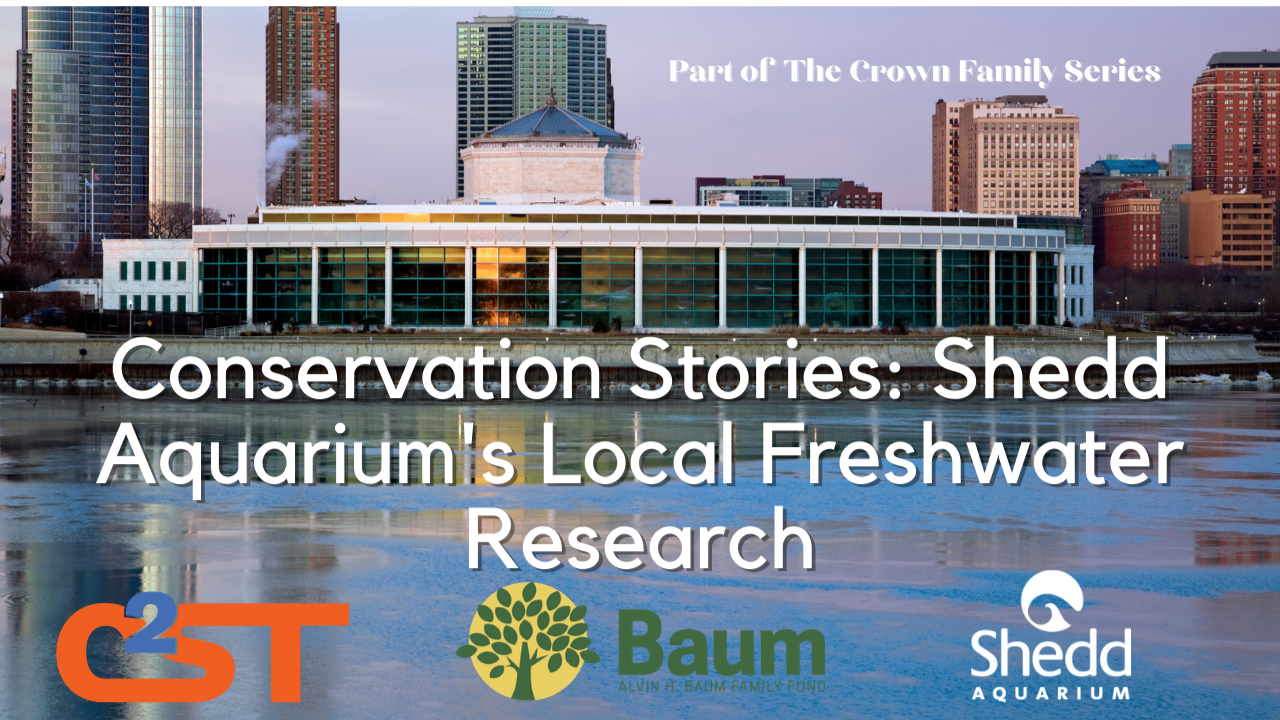
Join us to take a tour of some local wetlands while learning about innovative research methodologies from the scientists who implement them. The Great Lakes are one of the world’s most incredible freshwater resources, comprising 20% of the world’s surface freshwater; however, many of us do not fully appreciate how impressive they are. Shedd Aquarium is a key cog in preserving the integrity, health and biodiversity of the Great Lakes region for the plants, animals and people that depend on them. To further that mission, Shedd has a team of research experts who are not only dedicated to Great Lakes conservation initiatives, but also to informing and involving the public in those efforts. Continue reading “Conservation Stories: Shedd Aquarium’s Local Freshwater Research”

Dr. Charles Macal shares how his work has helped predict the spread of COVID, and how modeling is an important tool for stopping future pandemics. COVID-19 has been dominating our lives and the news for more than a year now. Behind those news stories were scientists from a wide variety of fields working together to understand the virus, how it spread, and how best to beat it. Continue reading “Modeling Chicago for the COVID-19 Pandemic”
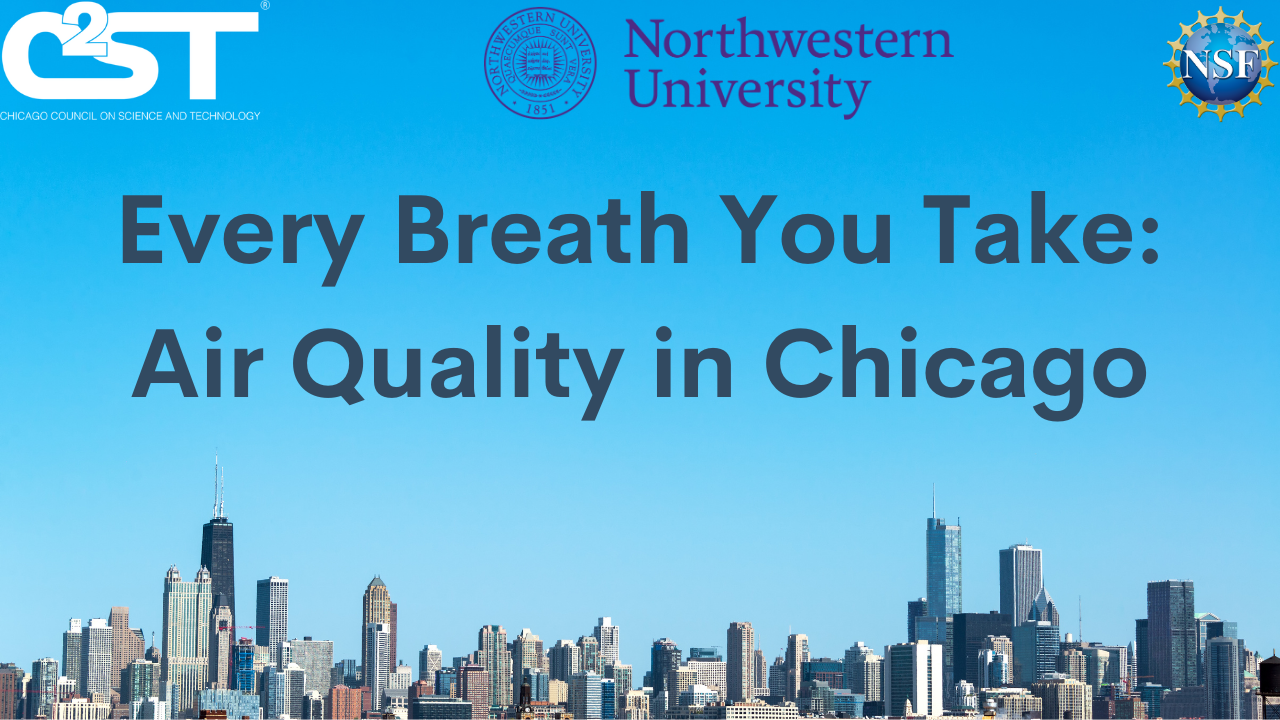
Air quality is an immensely important environmental issue all over the planet. Since the beginning of the industrial revolution, air pollutant emissions in the atmosphere have been increasing, causing air quality to worsen. Recently, sustained efforts to improve air quality have successfully decreased air pollutant emissions across the United States, however, many urban areas still struggle to comply with the Environmental Protection Agency (EPA) air quality standards.
Continue reading “Every Breath You Take: Air Quality in Chicago”
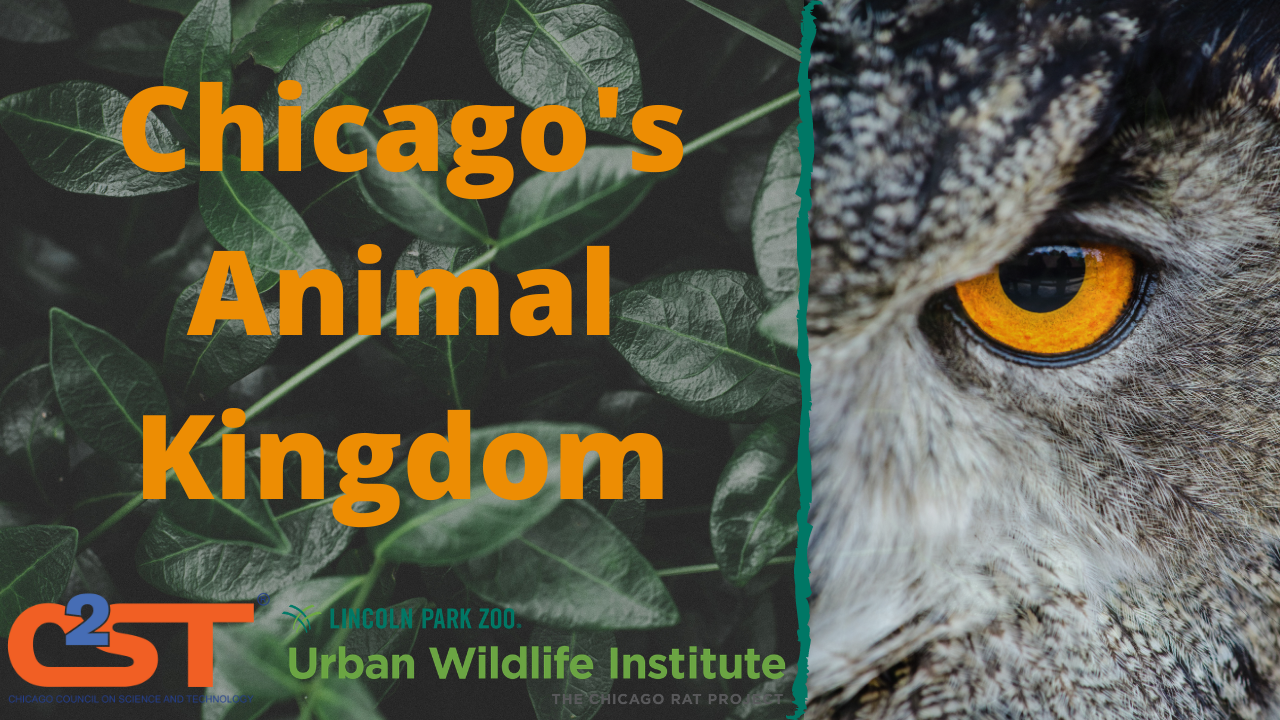
Urban ecosystems were created by people, for people, but that doesn’t mean animals haven’t evolved to survive or even thrive within modern cities. Dr. Seth Magle and Dr. Maureen Murray highlight the importance of understanding human-wildlife interactions and the incredible research done by the Urban Wildlife Institute at Lincoln Park Zoo.
Continue reading “Chicago’s Animal Kingdom”

